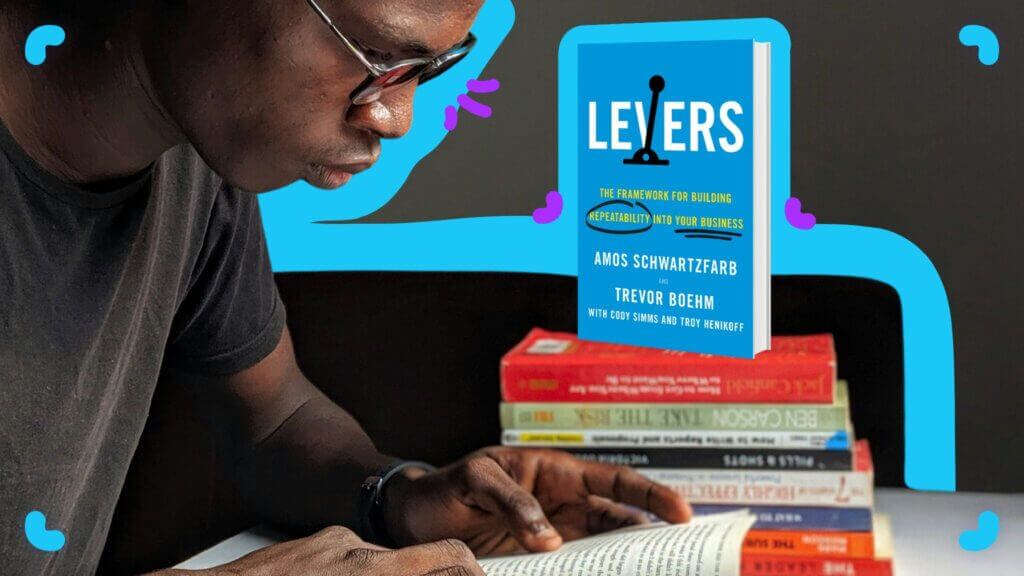The Leaky Bucket Syndrome and How to Combat Knowledge Loss

In the fast-paced world of business, the flow of information is crucial for success. However, just like a leaky bucket, businesses often face the challenge of losing or misinterpreting valuable information when passed on from one person to another, leading to poor execution, costly mistakes, and missed opportunities.
Here’s how to prevent a leaky bucket and maximize your company knowledge
Ace Your Business Process Documentation: 4 Simple Steps

Business process documentation is often the task that everyone needs to do, but no one wants to do. Find out how to make it easy with this expert four-step process.
3 Reasons No One Reads Your Company Documents

So you know that company knowledge is a competitive asset.
But no one seems to be reading the important company documents you’ve been producing. Frustrating, isn’t it?
Don’t worry; you’re not alone.
SOPs for Onboarding New Employees: 3 Examples To Use

Onboarding new employees are one of the most important aspects of a hiring manager’s job but creating an onboarding program can be difficult without the right guidance.
What should you include in your program? And what are the best practices for onboarding new employees?
With John Elder from The Business Blocks, let’s discuss the three SOPs you need for your employee onboarding program.
Are you Working in the Zone of Pressure?

How you work really matters!
If you and your team are working in the zone of pressure, it’s time to get out! Here’s how to do it!
Levers, The Framework for Building Repeatability into Your Business

Levers the framework for building repeatability in your business, shows you how to identify and move the levers that unlock growth and create predictability across every aspect of your business.
The Customer Success Playbook

Philip Wolf is the Founder & CEO of Custify, a customer success platform for SaaS companies. Custify aims to take the pain out of customer success management and allows teams to spend time with clients rather than organizing CRM data.
We recently hosted Philipp on The Unlocking Growth Show to share his ultimate Customer Success Playbook;
3 ways to use Customer Success as a growth channel, not a cost center.
Why You Should Care About “Jobs to be Done!”

We recently hosted Jim Kalbach on the Unlocking Growth Podcast speaking
about his book “The Jobs To Be Done Playbook”.
We wanted to know the essentials on HOW TO align markets to customers
needs but first, what on earth does “Jobs to be done” mean?
The Best Process Documentation Software and 6 Problems It Solves!

We know scaling a business in tough. ?
There’s ALOT to deal with but did you know process documentation software could be helping with many of the challenges you might be facing in scaling? ?
3 Ways to Use What You Learned This Year

Want to wrap up the year on a high note. Here are 3 ways to use what you learned this year in 2023 to unlock growth in your business.
You’re on Mute ~ Scaling Communication on a Growing Team

We all know that communicating effectively, both internally and externally, is the cornerstone of your team’s success.
Good communication = happiness.
But how does this look in reality?

